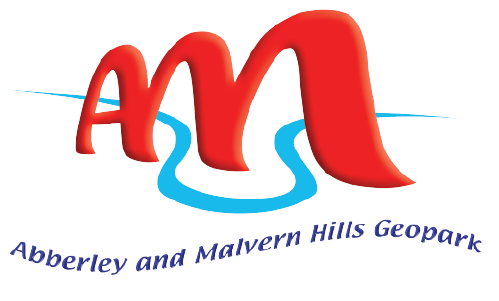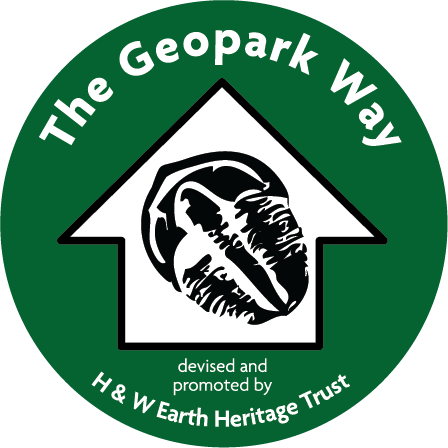Wyre Forest Discovery Centre
Rocks and Soils – Key stages 1 and 2
Children learn, through fun activities, how rocks and soils are formed, their importance in everyday life, and their influence in shaping the forest we enjoy today. The properties of different rocks are investigated by making predictions and carrying out trials. The children are invited to try to make their own soil in the forest. Extend your visit by following the geological timeline and leading a soil habitat activity on a self-led basis in the afternoon.
- For further details please visit their website.
- Email learning.west@forestry.gsi.gov.uk
- Phone 0300 067 4855
Severn Valley Country Park
River Study – Key stages 1 & 2
The study of a river system, along with its flora and fauna can be both interesting and informative. The powerful effects of water erosion, and the opportunities for wildlife these create, can easily be seen along the banks of the River Severn. In addition, several smaller streams flow through the park and these can be traced from source to the Severn. The river’s importance as a trade route to the sea has had an effect on our national development, and its support of wildlife is vital to biodiversity locally.
Scavenger hunt – Key stages 1 & 2
This is a simple activity in which children are given a list of things to find and collect. The list can include shapes or colours as well as naturally occurring objects such as feathers and leaves. This is an excellent way of getting children of all ages to look more closely at their environment, while at the same time enjoying themselves outdoors. It also promotes good observation skills. The activity can be altered to accommodate the children’s age and ability. For older children, lists can be made more complex to add greater interest to the exercise.
- For further details please visit their website.
- Email outdoor.recreation@shropshire.gov.uk
- Phone 01746 781192
Worcester City Art Gallery and Museum
Fossil fun! – Reception, Key stage 1 and 2 and SEN groups
This activity encourages children to explore and handle their wonderful collection of fossils, rocks and minerals. They will have the opportunity to sort the specimens, make charcoal observation drawings, and create a clay fossil reincarnation. After looking at the tools of the geologist (and dressing up!) teams will be able to make exploding volcanoes, and experiment with volcanic lava.
- For further details please visit their website.
Email Access and Learning Officer: kphillipson@worcestershire.gov.uk
Phone Kate Phillipson, Access and Learning Officer: 01905 25371



